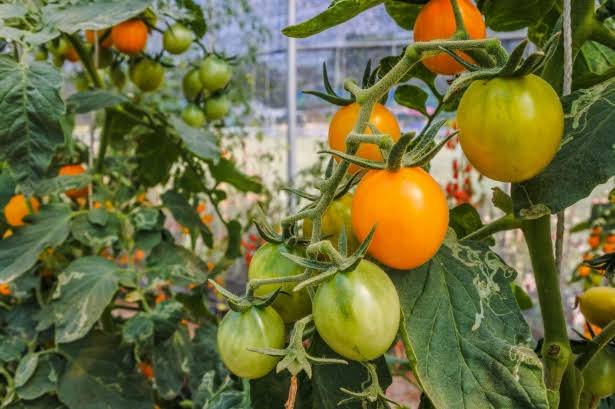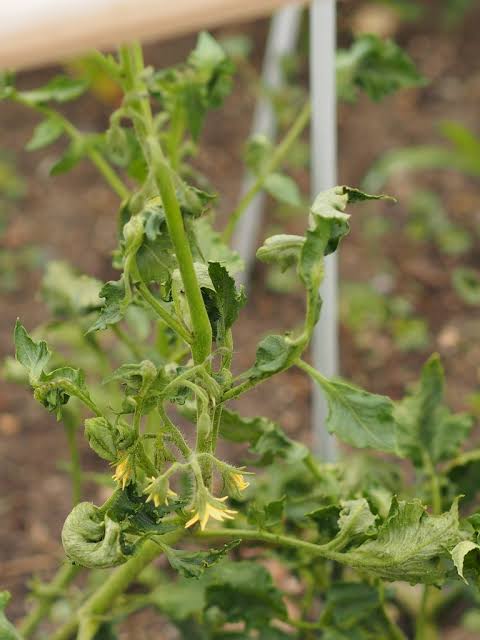 In boosting crop protection against pests for 24 hours, Derick Nyambane in the last season resorted to lighting a kerosene lantern at night in his half an acre tomato field as a way of luring pests to death traps.
In boosting crop protection against pests for 24 hours, Derick Nyambane in the last season resorted to lighting a kerosene lantern at night in his half an acre tomato field as a way of luring pests to death traps.
Beside the lantern is a fruit fly trap device.
Nyambane used a metarhizium 69-filled lure, which is a biological pest control device that infects fruit flies with a fungus that kill them within five days.
The device emits sex pheromone-like fumes that attract fruit flies, which ‘think’ their partners are in the kit and they move there for mating.
Once they enter there, the metarhizium 69 fungi attach themselves onto the bodies of the pests and start growing, according to Real Integrated pest Management Ltd expert Isaac Guda.
Related News: Scientists make it cheaper to confuse & prevent crop pests
Related News: Sexual trapping to mitigate fall armyworm menace
As they fly out to their hiding areas, they share the fungi to their ‘brothers and sisters’.
Insects are generally attracted to light. Given that at night, the lantern is the only strong source of light, they move to it.
“The pheromone trap is effective during the day because the device is yellow and can be seen from far. It indeed, attracts many fruit flies. Given that I have light at night, they are attracted to it and upon reaching there, they are distracted by the pheromone lure. When they enter the trap, they start their journey to death,” the Nyamira County farmer, who harvested tomatoes in December, said.
Metarizium 69 is one of the biological control methods being advanced to farmers by companies like Real Integrated Management Ltd, Thika, in reducing use of chemicals in pest control.
Most insects are attracted to bright colours like yellow and blue. After burning for a while, the light from the lantern turns yellowish, therefore, the receptor in the insects are alerted. The pests are tricked that it is daytime, therefore, they need to go and feed.
Metarhizium 69 fungi grow and multiply on the body of the fruit fly. The fungus extracts nutrients from the flies, which die in three to five days.
Guda, who is an agronomist and an environmental expert, said one requires four of these lure devices in every half of an acre for effective control of the fruit flies.
Related News: Mango farmers create jar trap to end whitefly destruction
In a better utilisation of the light, the farmer also can include the yellow and blue stickers to mechanically trap other pests like thrips and aphids.
Fruit flies are notorious after flowering of mangoes, tomatoes and other fruit.
They piece the skin and lay eggs in the flesh and at the maggots grow, they cause premature and false ripening, rotting and dropping of the fruits.
The one litre lantern was on until mid night. And it consumed about half a litre for that period. Nyambane at times skipped days after realising the infestation was min
Write comment (0 Comments)
















